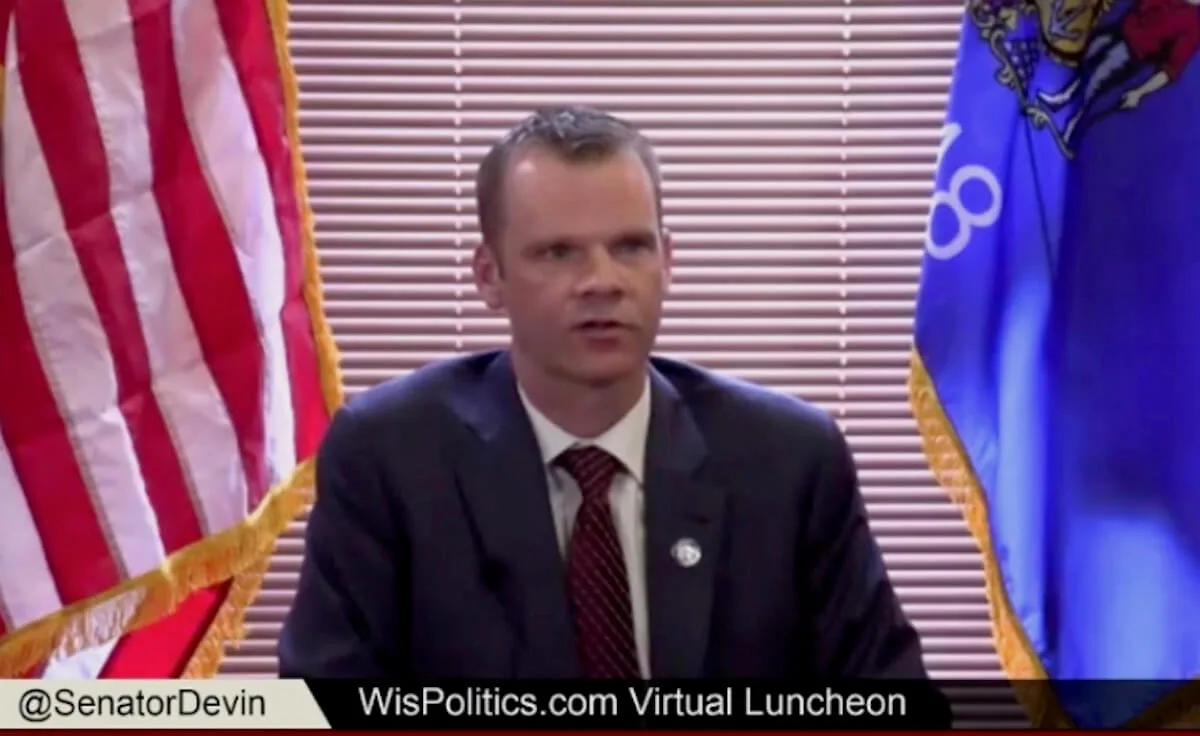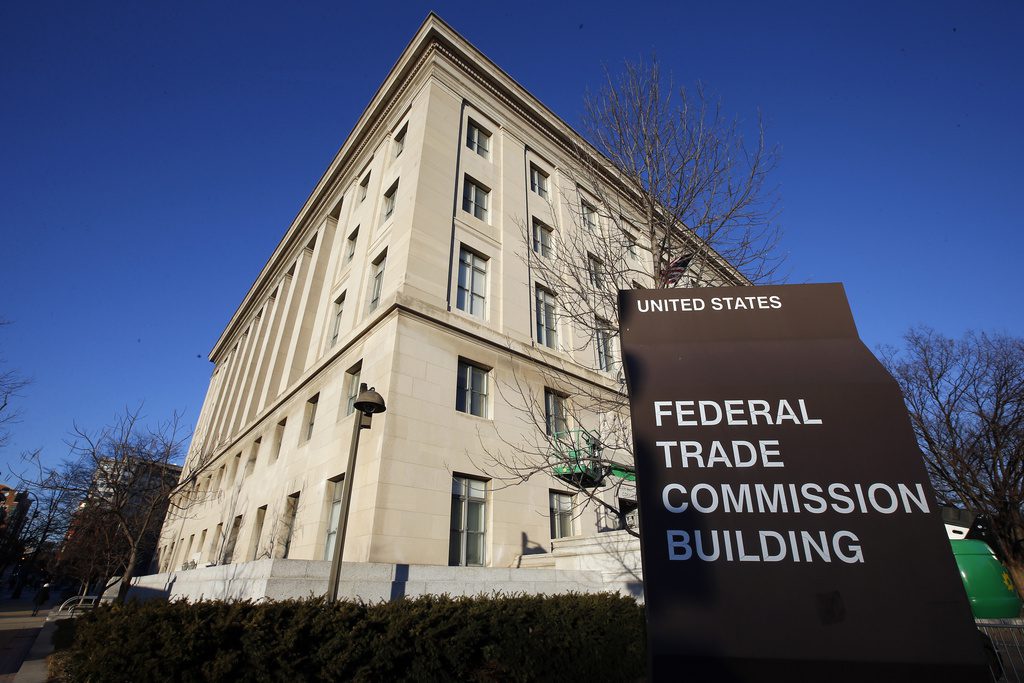
#image_title
#image_title
Governor’s budget leader says one-time stimulus aid should be targeted to areas of greatest need, not used to plug budget cuts.
Despite their efforts facing an almost-certain veto from Gov. Tony Evers, Republicans running the Wisconsin Legislature have focused their efforts during the past few weeks on passing bills to control the federal American Rescue Plan (ARP) funds coming to the state. And if they can’t control the spending of that stimulus aid directly, indications are they’ll seek a way to force the money where they want it through cuts in the next state budget.
Senate Majority Leader Devin LeMahieu (R-Oostburg) has had two public interviews where he talked about the upcoming budget discussions, one on Thursday hosted by WisPolitics and another on Friday hosted by the Wisconsin Policy Forum. During those discussions, LeMahieu argued that it will be difficult for Republicans to justify spending on certain items if there’s a possibility they could be paid for with ARP funds.
“If the governor vetoes these bills, going forward as we begin to work on the budget, if we don’t know how this $3.2 billion is going to be allocated, it’s going to make it very tough for us to actually develop a budget and pass a responsible budget, because we don’t know where this money is going to be spent.,” LeMahieu said. “For example, he has a substantial investment in broadband in the budget. So why would we fund that in the budget if this federal money can be used for broadband?”
Earlier: Wisconsin Republicans Again Demand Control Over Vaccine Distribution and COVID-19 Aid
LeMahieu said he was unable to say definitively what areas Republicans were looking to cut from the budget until they’d had a chance to caucus, but he brought several infrastructure and capital projects as examples. In addition to broadband, he also mentioned the funds allocated to address lead pipes in Milwaukee and capital improvements on University of Wisconsin campuses.
“But I look forward to working with former Gov. [Tommy] Thompson and making sure we’re adequately taking care of the [University of Wisconsin] system,” LeMahieu said.
Last month, Evers stated that he planned to allocate $50 million for the tourism industry, $600 million to support businesses, a $200 million investment in infrastructure, with a significant portion going toward broadband, and finally, $500 million will go toward continuing statewide pandemic response efforts.
The Wisconsin Policy Forum’s virtual event included Evers’ Department of Administration Secretary Joel Brennan, who pointed out that the reason the governor hasn’t released a comprehensive list of how he wants to allocate the funds is because he is still waiting on guidance from the federal government, as opposed to the Legislature which “has passed things that are dubious in terms of whether those may be eligible expenses for these dollars.”
Brennan also argued that the ARP funds should be thought of as an opportunity to make one-time investments, not replacement funds for other areas of the budget.
“I think it’s a dangerous thing to abdicate responsibility for the long-term with these one-time funds,” Brennan said. “There certainly are differences between, even if it’s a dramatic infusion as this is, an infusion of one-time resources versus the ongoing commitments that we have and the investments we need to make in public education, in public health, in economic development, to transportation, and infrastructure.”
Also, the economic recession from the pandemic didn’t affect everyone equally, Brennan pointed out. So the administration is honing in on which industries have the greatest needs so it can ensure the funds target those businesses. About $20 million in an earlier relief bill, the Coronavirus Aid, Relief, and Economic Security (CARES) Act, went to the lodging industry and $10 million to movie theaters and live event venues.
Brennan also advocated that Republicans take up Evers’ suggestion to finally accept federal Medicaid funds to expand BadgerCare, which would expand healthcare access to at least 323,000 Wisconsinites and bring $1.6 billion into the state, which he argued could be invested in mental health resources, regional crisis centers and other healthcare resources. Republicans have rejected federal Medicaid expansion funds since they first became available in 2014.
“In Wisconsin, we continue to spend millions and millions of dollars every year as federal taxpayers for states that have expanded Medicaid nationwide, and we get nothing in return,” Brennan said.
LeMahieu argued that he didn’t think the state needed to expand BadgerCare and that those who would qualify under the expansion could get health insurance through the marketplace.
“I think we’re in a really great position right now in Wisconsin, and to throw a wrench in it by throwing, uh, potentially 80,000 more, more individuals on government-run healthcare, there could be consequences down the road,” LeMahieu said.
Medicaid is not government-run health care. The vast majority of Medicaid recipients are covered through private managed-care plans. As of 2019, 74% of adult Medicaid recipients are working.
A study released last year found that despite the initial cost to expand Medicaid, states saved 4.4% to 4.7% annually once it was implemented.
Politics

Biden administration bans noncompete clauses for workers
The Federal Trade Commission (FTC) voted on Tuesday to ban noncompete agreements—those pesky clauses that employers often force their workers to...

Opinion: Trump, GOP fail January 6 truth test
In this op-ed, Milwaukee resident Terry Hansen reflects on the events that took place on January 6, the response from Trump and other GOP members,...
Local News

Readers Poll: Top Bowling Alleys in Wisconsin
Looking for the best bowling in Wisconsin? Look no further! Our readers have spoken in our recent poll, and we have the inside scoop on the top...

8 Wisconsin restaurants Top Chef judges are raving about
Top Chef’s 21st season is all about Wisconsin, and on-screen, it’s already apparent that the judges feel right at home here. But, while filming in...



